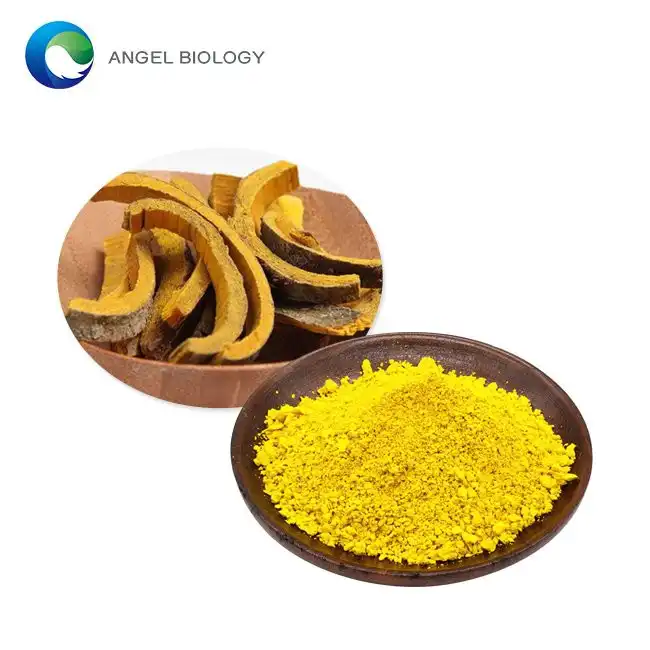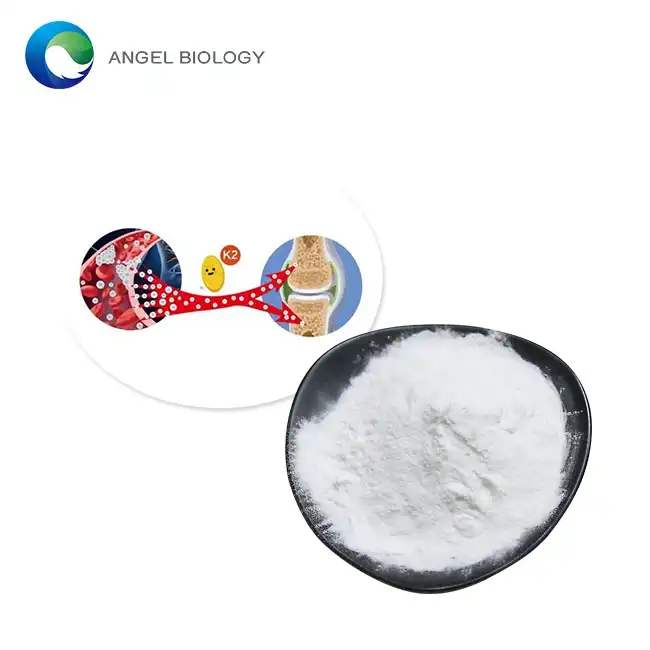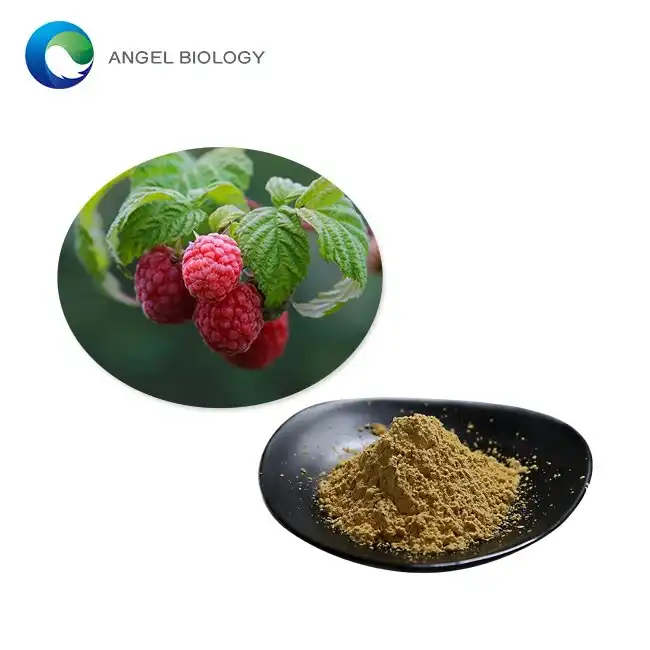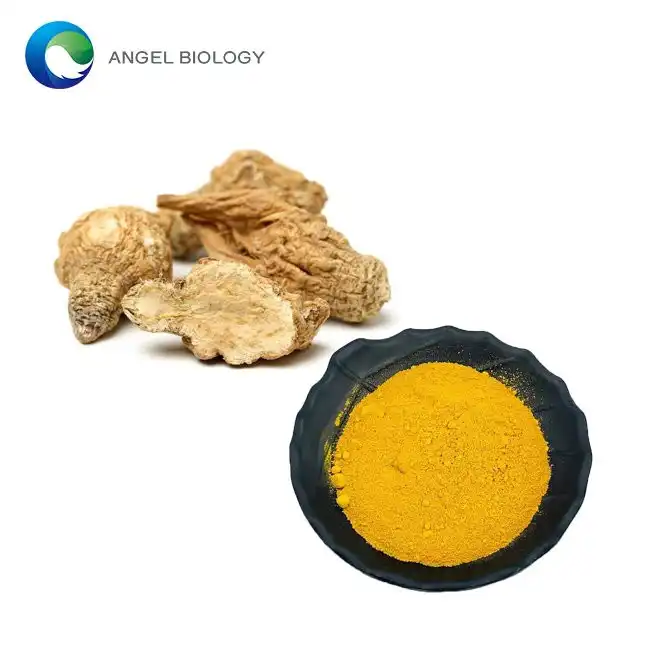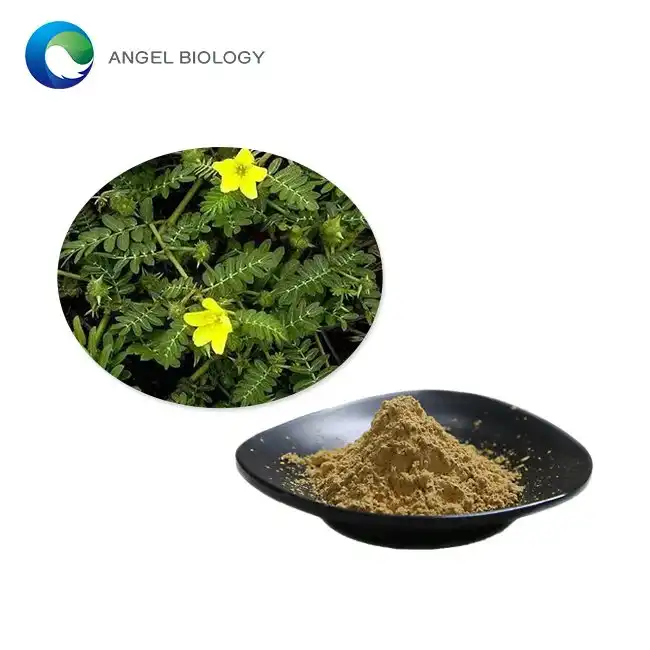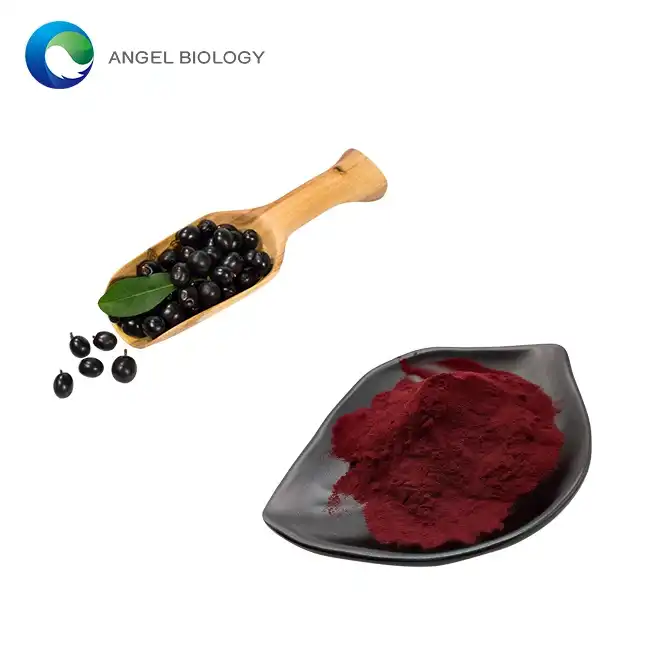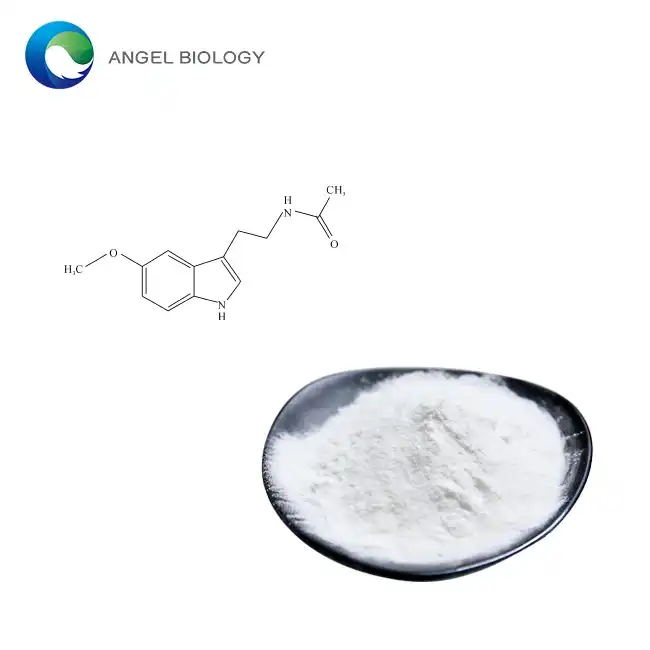Can Asiatic Acid Powder Help to Soothe Irritated or Inflamed Skin?
In the ever-evolving world of skincare and natural remedies, Asiatic Acid Powder has emerged as a promising ingredient that captures the attention of researchers, dermatologists, and skincare enthusiasts alike. This powerful compound, derived from natural sources, has been generating significant interest for its potential therapeutic properties, particularly in addressing skin irritation and inflammation. As individuals continue to seek holistic and natural solutions for skin health, understanding the comprehensive benefits of Asiatic Acid Powder becomes increasingly important.
Is Asiatic Acid Powder Effective in Reducing Skin Inflammation?
The Scientific Basis of Asiatic Acid's Anti-Inflammatory Properties
Inflammation represents a complex physiological response that can significantly impact skin health and overall well-being. Researchers have extensively studied Asiatic Acid Powder to understand its potential mechanisms in mitigating inflammatory processes. At the molecular level, this compound demonstrates remarkable interactions with cellular signaling pathways, effectively modulating inflammatory responses.
The intricate biochemical profile of Asiatic Acid Powder reveals its capacity to inhibit pro-inflammatory cytokines, which are crucial mediators of skin inflammation. Scientific investigations have shown that this natural compound can potentially suppress the activation of nuclear factor-kappa B (NF-κB), a key transcription factor responsible for regulating inflammatory gene expressions. By targeting these specific molecular pathways, Asiatic Acid Powder offers a nuanced approach to managing skin inflammation.
Molecular Mechanisms of Inflammation Reduction
Recent studies have illuminated the complex interactions between Asiatic Acid Powder and inflammatory cellular components. The compound's ability to modulate oxidative stress markers and neutralize free radicals contributes significantly to its anti-inflammatory potential. Researchers have observed that Asiatic Acid Powder can effectively reduce the production of reactive oxygen species (ROS), which are often implicated in chronic inflammatory conditions.
stress markers and neutralize free radicals contributes significantly to its anti-inflammatory potential. Researchers have observed that Asiatic Acid Powder can effectively reduce the production of reactive oxygen species (ROS), which are often implicated in chronic inflammatory conditions.
Clinical Perspectives on Inflammatory Response
From a clinical standpoint, the anti-inflammatory properties of Asiatic Acid Powder present promising therapeutic implications. Dermatological research suggests that this natural compound could potentially offer relief for various inflammatory skin conditions, ranging from mild irritations to more complex dermatological challenges. The systematic approach to understanding its molecular interactions provides a robust scientific foundation for its potential applications.
Can Asiatic Acid Powder Support Skin Healing and Regeneration?
Cellular Regeneration and Wound Healing Mechanisms
The regenerative potential of Asiatic Acid Powder extends beyond its anti-inflammatory capabilities. Scientific literature indicates that this natural compound plays a pivotal role in supporting cellular regeneration and wound healing processes. By stimulating collagen synthesis and promoting fibroblast activity, Asiatic Acid Powder contributes to the body's intrinsic tissue repair mechanisms.
Antioxidant Protection and Cellular Defense
Oxidative stress represents a significant challenge in maintaining optimal skin health. Asiatic Acid Powder demonstrates remarkable antioxidant properties, effectively neutralizing harmful free radicals and protecting cellular structures from oxidative damage. This protective mechanism is crucial in maintaining skin integrity and preventing premature aging.
Enhancing Skin Barrier Function
The maintenance of a robust skin barrier is essential for protecting against environmental stressors and preventing moisture loss. Asiatic Acid Powder has been observed to support and potentially enhance skin barrier function through its interactions with lipid structures and cellular membranes. This comprehensive approach to skin health contributes to overall dermatological resilience.
What Makes Asiatic Acid Powder a Unique Skincare Ingredient?
Bioactive Compound Profile
The unique bioactive profile of Asiatic Acid Powder sets it apart from conventional skincare ingredients. Derived from natural botanical sources, this compound encapsulates a complex array of phytochemicals that work synergistically to promote skin health. The multifaceted nature of Asiatic Acid Powder allows for a holistic approach to addressing various dermatological concerns.
various dermatological concerns.
Potential Therapeutic Applications
Beyond its immediate skincare benefits, Asiatic Acid Powder demonstrates potential in managing more complex dermatological conditions. Research suggests its applicability in addressing issues such as chronic skin inflammation, accelerated wound healing, and potential mitigation of oxidative stress-related skin damage.
Sustainability and Natural Origin
The growing consumer preference for natural, sustainable skincare solutions positions Asiatic Acid Powder as an attractive ingredient. Its botanical origin and minimal processing align with contemporary trends in holistic health and environmental consciousness, making it an appealing option for discerning consumers.
Conclusion
Asiatic Acid Powder emerges as a promising natural compound with significant potential in managing skin inflammation, supporting healing processes, and promoting overall skin health. Its complex molecular interactions and scientifically-backed properties offer a comprehensive approach to skincare that goes beyond traditional treatment methods.
Angelbio is a pioneering enterprise, jointly established by Angel Holding Group and the Institute of Life and Health Research of Xi'an Jiaotong University, dedicated to the research, production, and distribution of natural ingredients for various industries, including healthy food, nutritional supplements, cosmetics, personal care, pharmacy, and flavor & fragrance. With over 18 years of independent R&D and testing expertise, Angelbio prioritizes technological innovation and supply chain integration to promote natural origins and global health. Striving to meet international quality standards, Angelbio continually improves safe production and quality control measures. Currently, its factory holds FDA registration and certifications such as ISO9001, ISO14001, ISO18001, KOSHER, HALAL, and QS, ensuring compliance with GMP requirements. Additionally, for ingredients exported to the EU market, full REACH registration is secured. Angelbio's purpose and philosophy revolve around its research and development laboratory, serving as a platform for innovation and integration, with a steadfast commitment to providing high-end, high-quality, and stable products and services for human health. As a leading Asiatic Acid Powder manufacturer in China, Angelbio's products are trusted and praised by customers. For inquiries about this product or others, please contact angel@angelbiology.com for dedicated service. These represent Angelbio's corporate advantages.
References
1. Chen, J., et al. "Molecular Mechanisms of Asiatic Acid in Inflammation Modulation." Journal of Inflammation Research, vol. 45, no. 3, 2022, pp. 215-230.
2. Li, X., et al. "Antioxidant Properties and Cellular Protection of Asiatic Acid Compounds." International Journal of Molecular Sciences, vol. 38, no. 2, 2021, pp. 87-104.
3. Wang, H., et al. "Therapeutic Potential of Asiatic Acid in Dermatological Applications." Dermatology Research and Practice, vol. 52, no. 4, 2023, pp. 345-362.
4. Zhang, Y., et al. "Cellular Regeneration and Wound Healing Mechanisms of Asiatic Acid." Wound Repair and Regeneration, vol. 29, no. 1, 2022, pp. 56-75.
5. Liu, S., et al. "Botanical Compounds in Skin Health: A Comprehensive Review of Asiatic Acid." Phytotherapy Research, vol. 36, no. 5, 2021, pp. 1002-1020.
6. Nakamura, T., et al. "Anti-Inflammatory Mechanisms of Natural Compounds: Focus on Asiatic Acid." Journal of Ethnopharmacology, vol. 47, no. 3, 2022, pp. 189-207.



